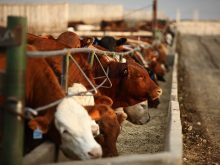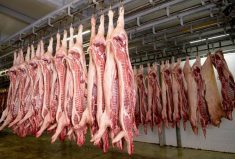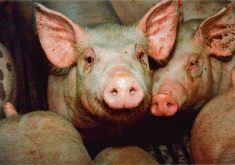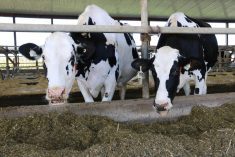A multi-million-dollar project to streamline warehousing at Cargill’s southern Alberta beef packing plant is expected to help the agrifood firm ramp up its exports to Asia.
The Alberta Livestock and Meat Agency (ALMA) on Monday announced a grant of up to $3 million over two years, funded through the federal/provincial Growing Forward ag policy funding framework, toward the U.S. food company’s $42 million project.
The modernization project is to include “proven technology” for Cargill’s warehousing system, to lower the overall operating costs for the plant at High River, about 45 km south of Calgary.
Read Also
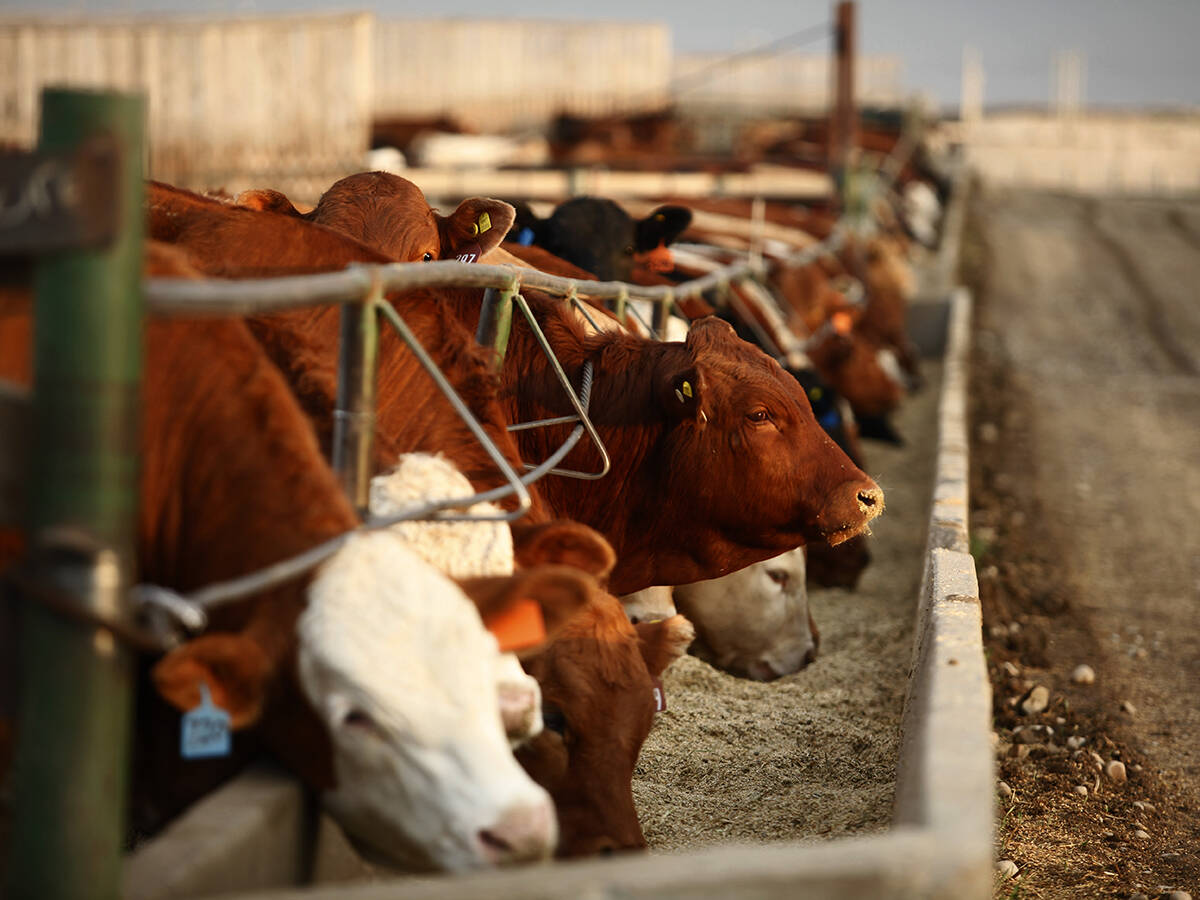
U.S. livestock: Cattle futures drop Friday
Cattle futures on the Chicago Mercantile Exchange fell from nearby highs Friday, with profit-taking to end the week weighing on…
A company spokesperson wasn’t immediately available to provide details Monday, but ALMA said the new technology is expected to improve the federally-inspected plant’s logistics by “providing the production capabilities needed to meet export customer expectations.”
“The project, coupled with Alberta’s large volume of age-verified cattle, will result in improved logistics to export markets,” Scott Entz, Cargill Meat Solutions’ general manager, said in ALMA’s release. “We are committed to helping increase access of Alberta beef to Asia.”
“Meeting growing market demands is essential in helping to move Canada closer to being a beef supplier of choice,” the federal and provincial governments said.
Cargill’s investment to modernize the plant, they said, “demonstrates that Alberta and Canada are quality locations for multinational organizations seeking to expand their Asian markets.”
ALMA CEO Gordon Cove said in the same release that these types of investments help further the agency’s “strategic priorities” in further developing the province’s beef sector.
“The Cargill grant is part of a roadmap for working with industry to increase our competitiveness in global markets,” he said.
Between the High River plant, which employs about 2,000 people and processes about 4,500 head of cattle per day, and its plant at Guelph, Ont., which employs 950 people processing 1,500 head daily, Cargill’s Winnipeg-based Canadian arm handles about 55 per cent of Canada’s beef processing market.


